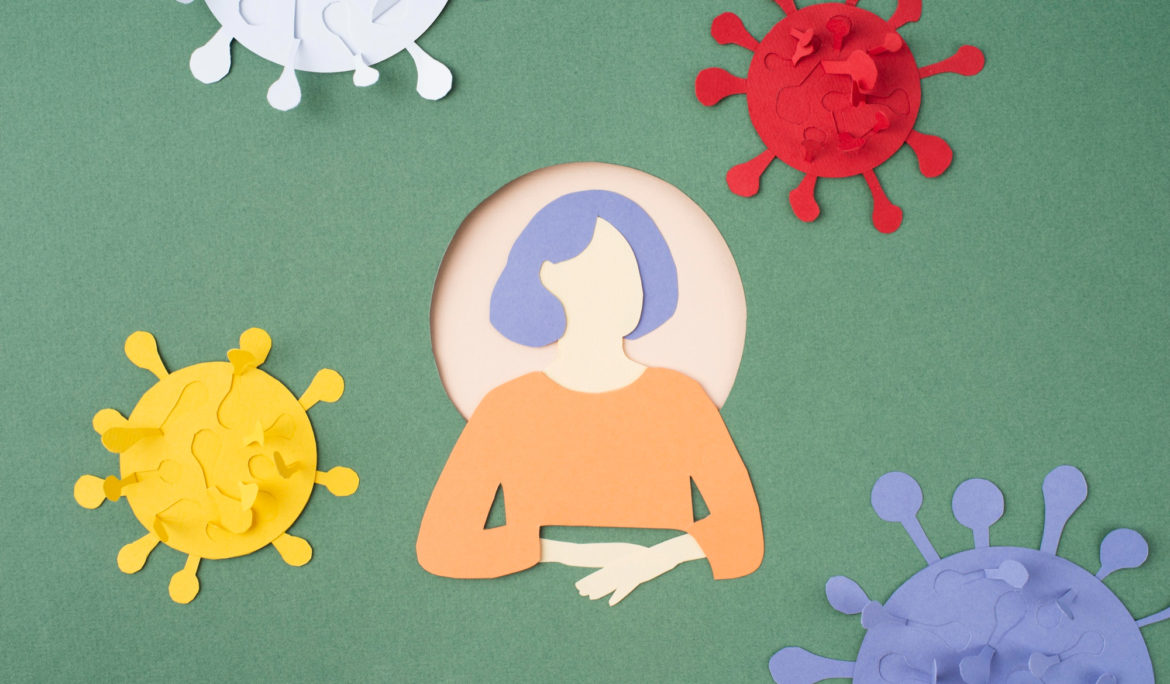Understanding Autoimmune Diseases and Their Impact on Fertility: A Comprehensive Guide


Navigating the complexities of autoimmune diseases and their effects on fertility can be daunting. This comprehensive guide aims to shed light on the intricate relationship between autoimmune disorders and reproductive health, offering insights into the challenges and solutions for those affected.
The Intersection of Autoimmune Diseases and Fertility
Autoimmune diseases occur when the immune system mistakenly targets and attacks the body’s own tissues. This misdirected immune response can impact various body systems, including the reproductive system, leading to fertility challenges for both men and women.
Hormonal Imbalances and Reproductive Issues
Many autoimmune diseases, such as thyroid disorders, can disrupt hormonal balance, crucial for normal reproductive functions. In women, conditions like Hashimoto’s thyroiditis or Graves’ disease can lead to irregular menstrual cycles, ovulatory dysfunction, and an increased risk of miscarriage. In men, these imbalances can affect sperm production and quality, potentially hindering conception.
Direct Impact on Reproductive Organs
Some autoimmune conditions specifically target reproductive organs. For instance, endometriosis, often associated with autoimmunity, can cause pelvic inflammation and scar tissue formation, affecting egg implantation and fertility. Similarly, autoimmune orchitis in men can lead to testicular damage and reduced sperm count.
Autoantibodies and Fertility
Certain autoimmune diseases produce autoantibodies that can interfere directly with the reproductive process. Antiphospholipid syndrome, characterized by the presence of antiphospholipid antibodies, can increase the risk of clot formation, miscarriages, and other pregnancy complications, affecting fertility and pregnancy outcomes.
Navigating Fertility with Autoimmune Diseases: Strategies and Solutions
Understanding the impact of autoimmune diseases on fertility is the first step. The next is exploring strategies to manage these conditions and enhance reproductive health.
Collaborative Healthcare Approach
A multidisciplinary healthcare team, including rheumatologists, endocrinologists, and fertility specialists, can provide a comprehensive treatment plan. This collaborative approach ensures that autoimmune management and fertility treatments are aligned, maximizing the chances of conception and a healthy pregnancy.
Lifestyle Modifications and Support
Dietary changes, stress reduction techniques, and regular exercise can support overall health and potentially improve fertility outcomes. Additionally, joining support groups for individuals facing similar challenges can provide emotional support and valuable insights.
Advanced Fertility Treatments
For those facing significant fertility challenges, assisted reproductive technologies (ART) such as in vitro fertilization (IVF) may be recommended. These advanced treatments can offer hope to individuals and couples striving to conceive despite autoimmune diseases.
FAQs
Q1: Can autoimmune diseases cause infertility?
A1: While autoimmune diseases can affect fertility, they do not necessarily cause infertility. Many individuals with autoimmune conditions conceive naturally or with medical assistance.
Q2: Are there specific autoimmune diseases that are more likely to affect fertility?
A2: Yes, certain autoimmune diseases like thyroid disorders, rheumatoid arthritis, and lupus have been more closely linked to fertility issues due to their impact on hormonal balance and reproductive organs.
Q3: Is it possible to have a healthy pregnancy with an autoimmune disease?
A3: Yes, many individuals with autoimmune diseases have successful pregnancies. It requires careful management of the autoimmune condition and close monitoring throughout the pregnancy.
Q4: Can men with autoimmune diseases also experience fertility issues?
A4: Yes, autoimmune diseases can affect male fertility as well, impacting sperm production, quality, and overall reproductive health.
Q5: How can I improve my chances of conceiving with an autoimmune disease?
A5: Managing your autoimmune disease effectively, maintaining a healthy lifestyle, and working closely with a fertility specialist can improve your chances of conceiving. Advanced fertility treatments may also be an option for some individuals.
Understanding the link between autoimmune diseases and fertility is essential for those affected by these conditions. With the right knowledge, care, and support, navigating the path to parenthood can become a more informed and hopeful journey.



